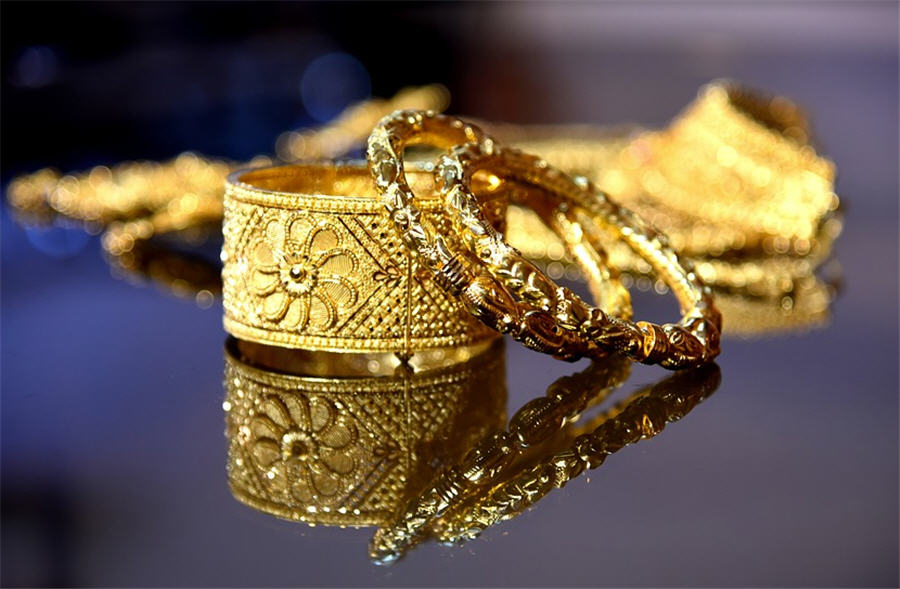
Indians could buy at least 10 percent more gold during the annual Hindu and Jain holy festival of Akshaya Tritiya than a year ago, industry officials said, as a dip in prices prompted consumers to increase purchases.
A rise in consumption by the world’s second-biggest gold consumer could help global prices which are currently hovering near a 4-month low, but could widen India’s trade deficit and put pressure on the rupee.
“Demand is picking up across the country. We will end up with at least a 10 percent rise over last year,” Anantha Padmanabhan, chairman of the All India Gem and Jewellery Domestic Council (GJC) told Reuters.
“Demand is picking up across the country. We will end up with at least a 10 percent rise over last year”
Indians were celebrating Akshaya Tritiya on Tuesday, one of the most auspicious times to buy gold, along with Diwali and Dhanteras, which fall in October or November.
“Buying gold is a must for me on Akshay Tritiya,” said Deepti Mascarenhas as she tried on gold jewellery at a showroom in Mumbai. “This year it is more attractive as jewellers are offering discounts on jewellery making charges.”
Sudheesh Nambiath, head of the India Gold Policy Center, an industry think tank based at Ahmedabad in western state of Gujarat, estimated that gold sales during Akshay Tritiya account for around one-third of second quarter sales in the country.
Gold futures in India fell to 31,240 rupees per 10 grams on Friday, the lowest level in more-than four months and down 8.2 percent from a 2019 high of 34,031 rupees hit in February.
The price correction was boosting demand and individual customers were buying more than last year, said Ishu Datwani, owner of Mumbai-based Anmol Jewellers.
Dealers were charging a premium of up to $2.5 an ounce over official domestic prices this week, up from last week’s $2. The domestic price includes a 10 percent import tax and 3 percent sales tax.
“In spite of the elections, all the indicators point towards a good buying season this Akshaya Tritiya in comparison to the previous year,” said Somasundaram PR, the managing director of the World Gold Council’s Indian operations.
With voting underway in a general election that began on April 11 and ends on May 19, the Election Commission has made it mandatory for people to show valid documentation if they are carrying more than 50,000 rupees ($722) in cash, or else it could be seized.
The ruling has hurt the jewellery industry, especially in rural areas where more than half of gold is bought in cash, said GJC’s Padmanabhan.
(By Rajendra Jadhav; Editing by Kirsten Donovan)